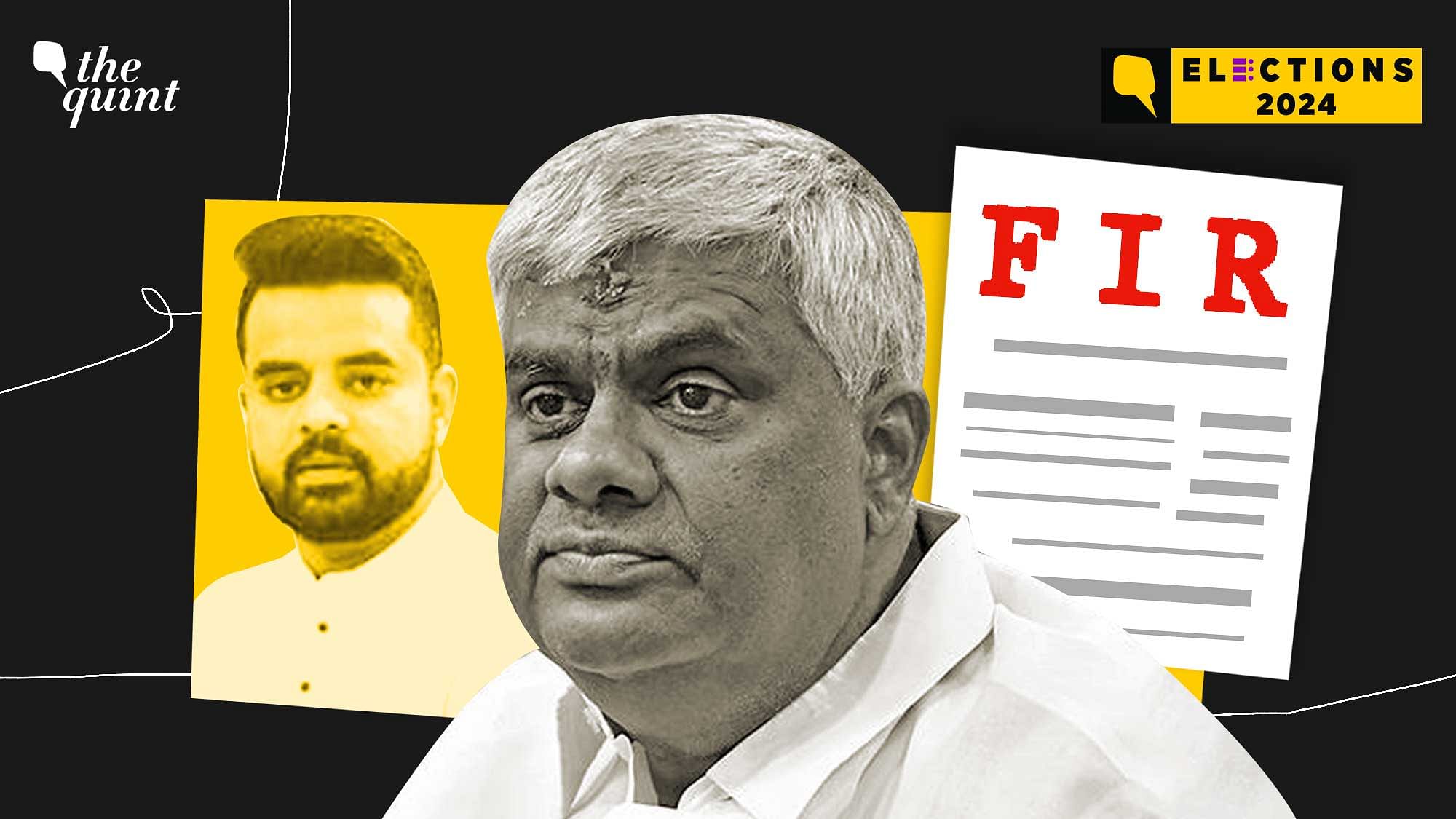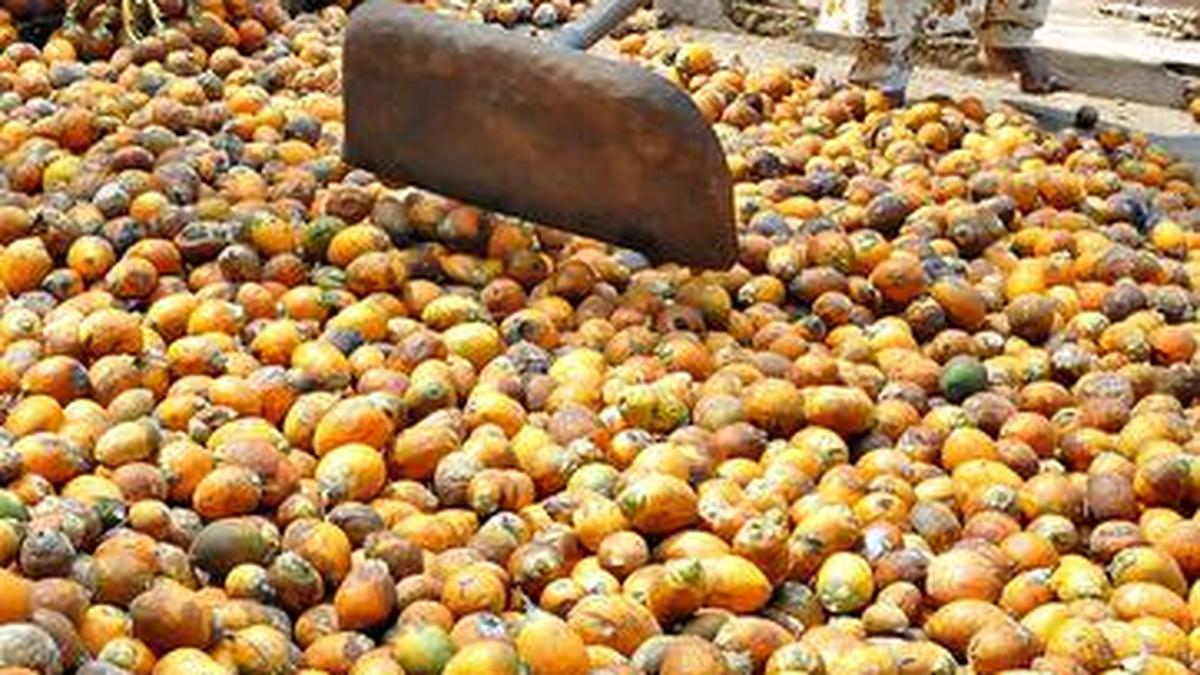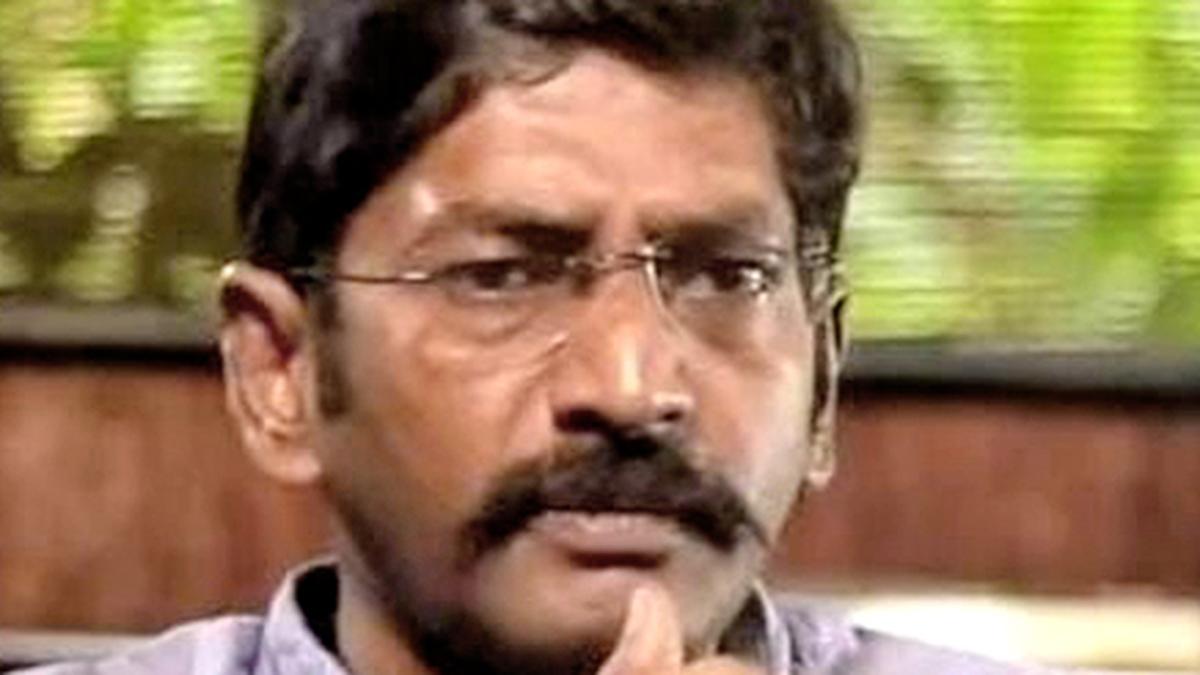Marked by fresh political alignments, the elections in Darjeeling Lok Sabha seat in 2024 has emerged as one of the most interesting electoral contests in West Bengal.
While the politics of Darjeeling hills for the past several decades has been centered around the Gorkha identity and demand for a separate state of Gorkhaland, the issue seems to have taken a backdrop amidst these political alignments.

The manifesto of the Bharatiya Janata Party (BJP) since 2009 had referred to the issue and said that the party was in favour of a permanent political solution for the Darjeeling hills. However, the party manifesto this year is silent on the issue giving a handle to the Opposition to target the BJP which has been winning the seat since 2009.
Khangjung Bhutia, 49, runs a small eatery at Sonada in Darjeeling. She is angry that the political parties of the hills have given up on the demand of Gorkhaland this election season.
“Modi (Prime Minister Narendra Modi) had said that he fulfills the Gorkha dream, but the BJP has done nothing for the Gorkhas,” she said.
The younger brother Khangjung, Tashi Bhutia was among 11 people killed during the violent agitation in Darjeeling hills in 2017, when a hundred day bandh over the demand of Gorkhaland brought the normal life to the hills to a complete halt.
Ms. Bhutia and her family members did not accept any compensation from the state government for the death.” We do not want any compensation. Even if we do not get Gorkhaland, there should be some solution to the issue. Something must be done for the interest of Gorkhas,” she said
The family has preserved the room of Tashi, who was 28 years old when he was killed during the violent agitation. To the family, the youth is a martyr for a larger cause , something which political parties have only given lip service to the demand of Gorkhaland.
Bimal Gurung, the leader of Gorkha Janmukti Morcha (GJM) haa said that he been one of the most vocal voices in support of Gorkhaland, said that he is giving the BJP “last chance” even though the BJP manifesto has nothing on Gorkhaland.
It was Mr. Gurung who led the 2017 agitation for a separate state and also previous agitation since 2006. However, in 2021 when he returned to the hills after being on the run for the past few years, he put his weight behind Trinamool Congress and Chief Minister Mamata Banerjee. During this election, Mr. Gurung is campaigning for Raju Bista who has mended ties with the GJM leader by calling him an “elder brother” and prominent face for the Gorkha community.

Flags demanding Gorkhaland have withered away from the hills and instead the Darjeeling Mall, a popular tourist destination is decked up with flags having Hindu symbols and iconography particularly Lord Ram.
On the other side of the political spectrum is Trinamool Congress, which has fielded former bureaucrat Gopal Lama. Mr. Lama has the support of Anit Thapa Bharatiya Gorkha Prajatantrik Morcha (BGPM), a local hill party with close ties to the Trinamool Congress.
Posters of the TMC candidates has come up with two symbols of TMC and BGPM and two leaders Gopal Lama and Anit Thapa. Mr.Thapa is the chairperson of the regional autonomous body Gorkhaland Territorial Administration, which was set up in 2012 after a tripartite agreement between the Centre, State and GJM.
There are 14 candidates in the poll fray but the contest has turned out to be a three concerned contest between the BJP Raju Bista, TMC Gopal Lama and Congress’s candidate Munish Tamang.
Days before the polling on the constituency Congress expelled prominent hill leader Binay Tamang, a key hill leader for anti party activities. Mr. Tamang, once a close associate of GJM leader Bimal Gurung, has recently expressed his support to BJP candidate Raju Bista. Mr. Tamanag was one of the leaders who brokered peace with the state government during 2017 agitation and was close to Mamata Banerjee, before he joined Congress in 2023.
The flip flop of hill leaders, sometimes supporting the BJP and on certain occasions supporting the TMC has been a hallmark of hill politics for the past several years. Political observers say that like the weather of Darjeeling hills, the political alignments of parties and leaders in the region have become unpredictable.
Academic turned politician Munish Tamang, has also drummed up a high pitched campaign on the Darjeeling Lok Sabha seat claiming to provide an “alternative to the corruption of TMC” and the “lies on Gorkhaland perpetrated by the BJP’. Mr. Tamang has support of Ajoy Edward’s Hamro Party, which has made a mark in hill politics. This is also the first time when the CPI(M) led Left Front has not fielded a candidate from Darjeeling, the birth place of Naxalbari movement and is supporting the Congress candidate.
The Darjeeling Lok Sabha seat has overwhelmingly voted for the BJP since 2009 and in 2019 BJP’s Raju Bista won with a majority of over four lakh votes. To make things a little difficult for BJP this time, MLA from Kurseong Bishnu Pada Sharma has decided to contest the polls as an independent candidate in protest of the nomination of Mr. Bista who according to him is not a ‘Bhumiputra (son of soil)’.
Alongside the issue of Gorkha identity, over the past few years the Darjeeling tea industry has been plagued by issues of low production and closure of tea gardens. The issues of water crisis across the constituency as well poor civic infrastructure also resonate among the voters as they will cast their vote on April 26. For the people of Darjeeling the dilemma remains whether they should return to the old politics of strike and bandh in favour of Gorkhaland or want stability and peace so that tourism can prosper and bring in economic development.
Darjeeling Lok Sabha constituency comprises three constituencies Darjeeling, Kalimpong and Kurseong in the hills and four in the foothills- Matigara- Naxalbari, Siliguri, Phansidewa, Chopra.
The constituency which also comprises the Siliguri corridor is strategically important as it shares borders with Nepal and Bangladesh and is very close to Bhutan and China. In the plains the BJP’s has a significant influence in Siliguri, whereas TMC has a strong base in Chopra and Pansidewa.

 1 week ago
125
1 week ago
125



